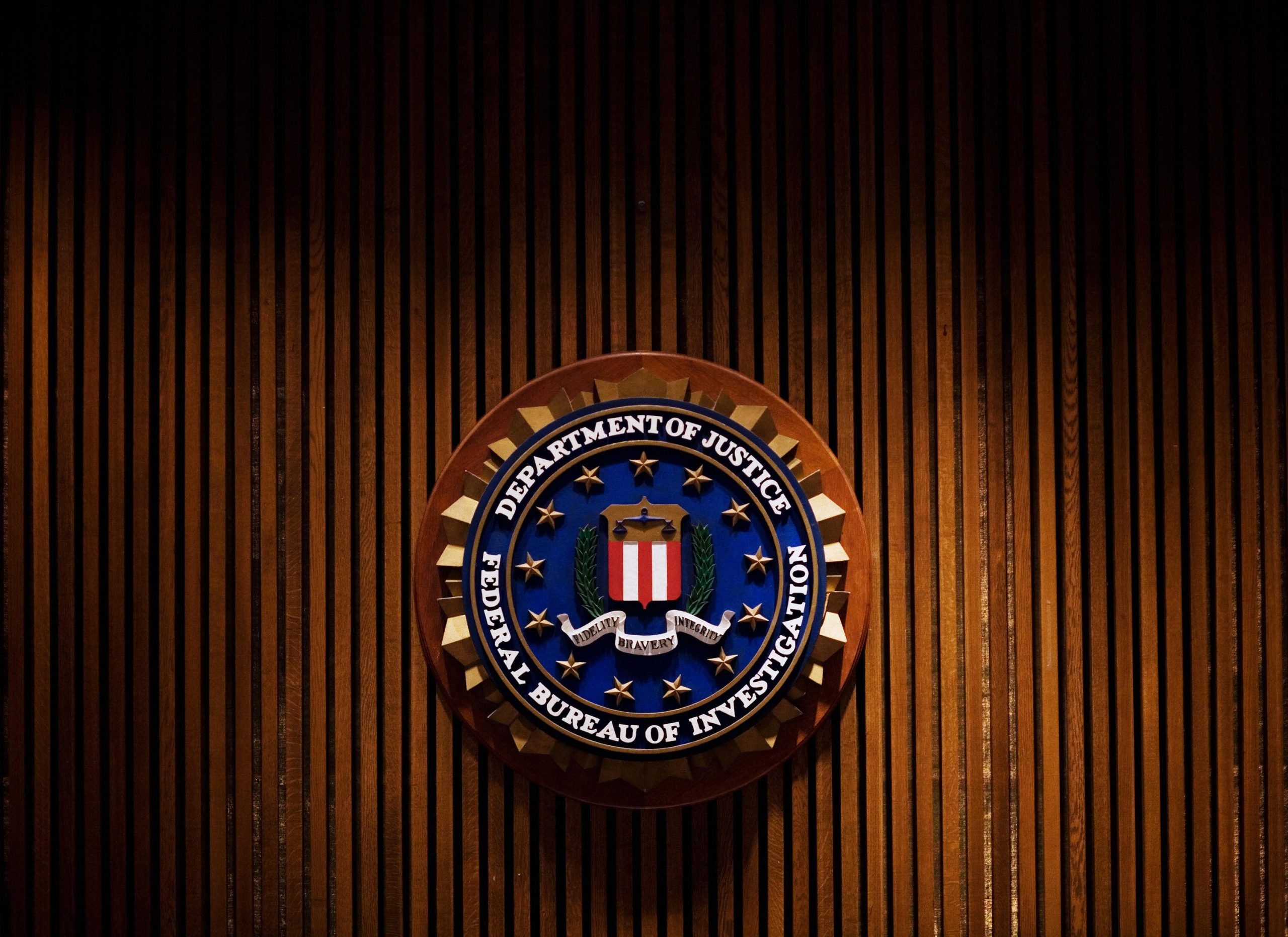
Since 2007, U.S. authorities have seized and returned an estimated 20,000 stolen art objects, now the Federal Bureau of Investigations is hoping future efforts will be aided by its National Stolen Art File (NASF) app.
The app, which was released on April 10 and is free to download, grants mobile access to the FBI’s database of stolen art which began in lo-tech form in the late 1970s as part of its oversight of interstate commerce. Though primarily designed with law enforcement and art industry professionals in mind, anyone can now search for stolen property and submit tips to the FBI.
“One of the biggest evolutions for NSAF was making it publicly available,” said Colleen Childers, who works for the FBI’s Art Crime Program. “Now, with the new mobile upgrade that we’ve undergone, we want to continue to push to make it a more user-friendly platform.”
Screenshots of the FBI’s newly released art app.
The NSAF app includes 4,522 objects which can be filtered by 21 different categories such as drawings and watercolors, navigational instruments, and tapestries. Users can also search by location and description. Items include an image, basic object information, and a description. Users can save items to a “favorites” page and share entries through text, email, or social media.
Though a positive step in expanding access to the FBI’s database of stolen work, the NSAF app is far from perfect. The search function appears somewhat hit-and-miss and the app is a little glitchy.
The FBI’s art crime program has expanded in recent years with around two dozen agents currently placed around the U.S. It has also initiated efforts to crack down on forgeries, most recently Orlando Museum of Art’s forged Basquiats, and illegally trafficked art.
The NSAF app follows a similar effort to solicit public support by the Interpol, which launched the ID-Art app in 2021.